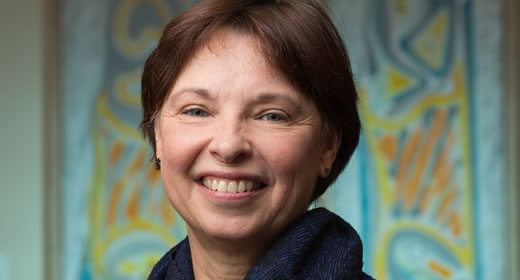
In a March 2 story for openDemocracy, Susan Waltz writes about “Moving Closer to the Ground,” Amnesty International’s ambitious, multi-year initiative to “disperse many of the functions of its London-based International Secretariat to hubs around the world.” Waltz’s story, “New trend, old roots: “internationalization” in Amnesty’s history,” addresses Amnesty’s many efforts—past and present—to internationalize.
“Over the years AI has tried many strategies to expand its organizational footprint and encourage the spread of human rights activism,” writes Waltz. Those efforts included diversifying its international governing board, assigning more weight to the votes of small sections, mandating a minimum spending level for these sections, offering translation services, “and making travel support and other resources available to ensure that AI members from smaller structures had the opportunity to influence the organization’s strategic plan and program of work,” writes Waltz.
While all of these efforts yielded positive results, Waltz explains that the results have not been commensurate with the hopes and expectations of the organization or the human rights activists it engages. “Over the past several years AI’s leadership has determined that nothing short of a radical overhaul will position the organization to meet challenges ahead.”
Susan Waltz is both a scholar and a practitioner in the field of international human rights, and was the first American to chair Amnesty International's international governing board. More recently, her research has focused on the historical origins of international human rights instruments and the political processes that produced them. She is co-author of the website Human Rights Advocacy and the History of International Human Rights Standards.